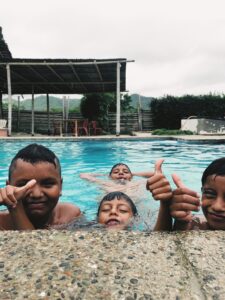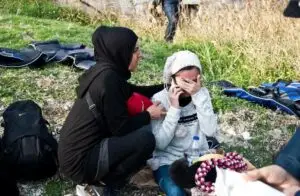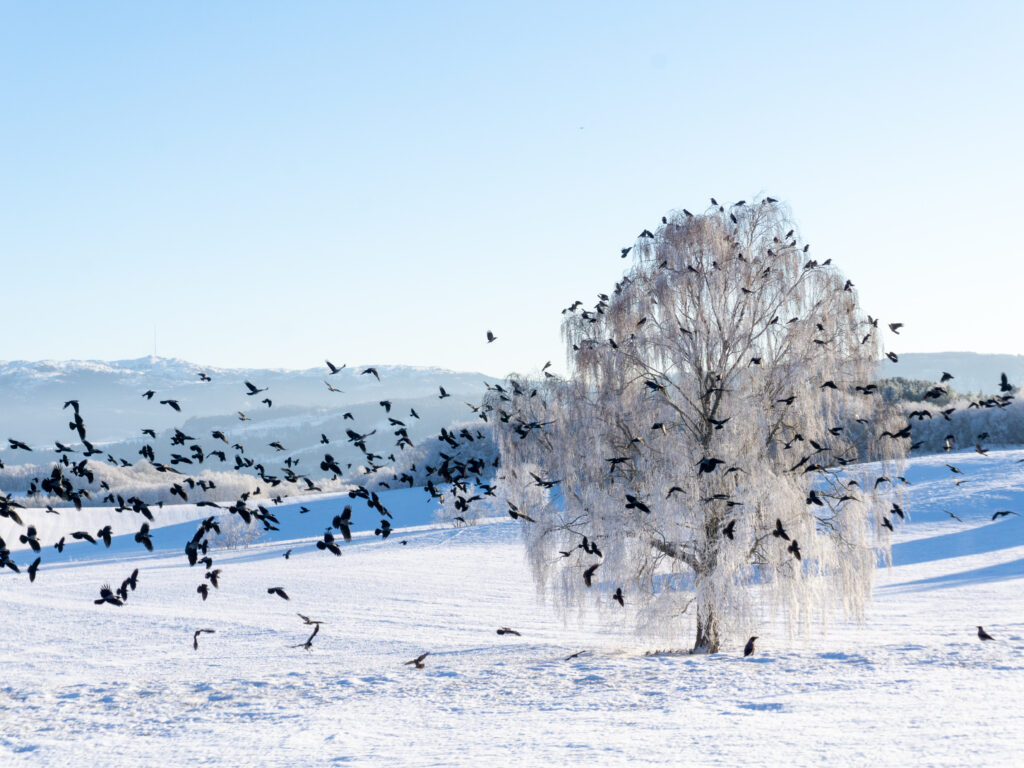I sometimes try to predict the future. Look ahead a bit. What happens today and what happened in the weeks before, will affect us tomorrow and in the months to come. Anyways that’s my belief.
Reading and learning about history is always fascinating because the phrase “history repeats itself” has a great deal of truth in it.
If you want to know what’s going to happen, look back.
#Tip 1: How to become visible
Right now we are at the end of a pandemic that was triggered by a virus in 2019. It spread incredibly fast all over the world and country after country understood the seriousness when people started to get seriously ill and some started to die.
Especially older people and people with underlying diseases were at risk. Many believed that we were exaggerating and many believed that the restrictions that were implemented led to greater human and economic suffering than the virus itself. Still others thought it was all a conspiracy initiated by one or more governments in a form of control or oppression of the population.
That is not what I am going to discuss. Needless to say, a vaccine was put in place incredibly quickly and people were more or less forced to take it if they were not to have their freedom severely curtailed.
I was one of those who took my shots.
In addition, I had contracted the virus at an early stage and, although it was not pleasant, I survived it with the usual discomfort of a flu-like illness and continued my life.
But back to the headline: what did the pandemic do to us?
1. We adapt, quickly, too quickly
It showed us how quickly changes can come and how we adapt very quickly.
A lot was changed. We had to limit ourselves in terms of when we went out, where we went and what we did. The masks we wore have now become so common that I think many will have trouble throwing them away when it’s soon time to lift all restrictions.
Taking people by the hand and giving each other hugs is also something very many will struggle with. How about watching a movie from before the pandemic where the people in the movie do all this? It will be strange to watch.
We are adapting to a new regime quickly. It both impresses and frightens me considering what happened during World War II and how easily it seemed as if people adapted to the atrocities committed against them. Both the willingness to commit atrocities and the acceptance that atrocities were committed. Today I know better. We adapt, and we want to be benevolent. This may be a bit of a crude comparison but the conclusion is the same.
We adapt.
2 What did you miss, really?
It showed that if we lose something, we quickly see if we really missed what we lost.
A lot was taken from us. Things I thought were important to me. Then it turned out that it was not so important after all. The opportunity to go to the cinema, party, cafe and travel away – was gone overnight. Some of it was missing, other things (which one thought one was going to miss) were perfectly fine. I personally missed the opportunity to travel. I was traveling when the pandemic broke out and the place we were at had a lockdown. I noticed it on my body. My background as a soldier and with a PTSD diagnosis did not make me happy to be in the lockdown and see heavily armed policemen in the streets and helicopters over our heads.
But it may be special to me. Still, not being able to go out, go for a jog, talk to my neighbor over a cup of coffee, some of what I personally noticed was limiting. Over a slightly longer period of time, I felt that hiding behind a mask, not taking each other by the hand, giving a hug was something I felt was not good for me. I missed that. But being more for oneself, not being extensively social, meant nothing.
3 The good, the bad and the ugly
It showed us who the good guys are and who the bad guys are.
In times of adversity, the kind, the kind, and the bad get worse. It may be a bit ragged, but as with friends and acquaintances, work colleagues and, those standing next to you in line – when stress arises and fear breaks out, you quickly find out who is thinking about themselves and who cares about those around. I noticed this quickly along the way. Some of those who were used to helping helped even more when there was a crisis, while those who had a selfish behavior tended to reinforce it.
Sad, but true. We were in a way set back to our default value.
4 Friends and enemies and other people
It showed us which people around us are friends and who are not.
This is of course related to the previous point. Good friends got even better and some friends we thought were good disappeared into their own world. The good friends lined up for each other, helped where they could and did not let a small virus affect everyday life so much.
Finally: it showed that solidarity in an international crisis is really just words. There are still countries in Africa that have not received the vaccines they should have. While we here in the Nordics (and in Europe) put the third and (soon) a fourth dose in the arm.
5 Conclusion
Imagine a similar crisis: war, famine or a pandemic in the future and you will see how the world around you will react.
It’s not necessarily a beautiful sight.

What is a lifetime, really?
Twenty good years? A good friend of mine once said while walking in the mountains of Gran Canaria.“Knut, we have twenty good years left. Use

How to protect yourself from your PTSD, when the world is on fire
(It is war. And it is mine. ) The headlines that meet me today are about the war in Ukraine. Alarms going off, people fleeing,

The thin film of civilization
The thin film of civilization This picture are taken on Lesvos. Her husband and baby drowned on the way over from Turkey. This is a
